🌐 Education for Nation 🌐
“Learn, Grow, Contribute, and Repeat—Together, We Build the Nation,”
The “Education for Nation” project, spearheaded 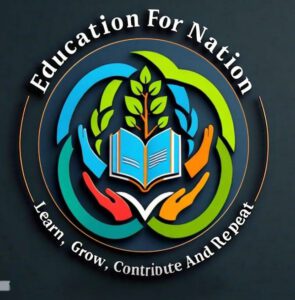 by the Aadrash Yuva Mission Human Welfare India organization, is a transformative initiative that seeks to provide high-quality, inclusive education to people across India. Its goal is to foster a cycle of education that empowers individuals not only for personal growth but also enables them to contribute positively to society and the nation at large. With the tagline “Learn, Grow, Contribute, and Repeat—Together, We Build the Nation,” the project emphasizes education as a catalyst for collective national progress.
by the Aadrash Yuva Mission Human Welfare India organization, is a transformative initiative that seeks to provide high-quality, inclusive education to people across India. Its goal is to foster a cycle of education that empowers individuals not only for personal growth but also enables them to contribute positively to society and the nation at large. With the tagline “Learn, Grow, Contribute, and Repeat—Together, We Build the Nation,” the project emphasizes education as a catalyst for collective national progress.
In a country like India, where education is the cornerstone of social and economic development, projects like “Education for Nation” are crucial to ensuring that every individual, regardless of their background, has the opportunity to excel. This initiative focuses on addressing multiple dimensions of the educational ecosystem, including accessibility, quality, inclusivity, and skill development. It aims to bridge gaps in education, provide lifelong learning opportunities, and prepare a generation of individuals who can lead the nation to greater heights.
The Education for Nation initiative aligns with the United Nations Sustainable Development Goals (SDGs):
- SDG 4: Quality Education — Ensure inclusive and equitable quality education for all.
- SDG 5: Gender Equality — Support girls’ education and gender equity in learning.
- SDG 8: Decent Work and Economic Growth — Provide youth with relevant skills for employment and entrepreneurship.
- SDG 10: Reduced Inequalities — Address the education gap in marginalized communities.
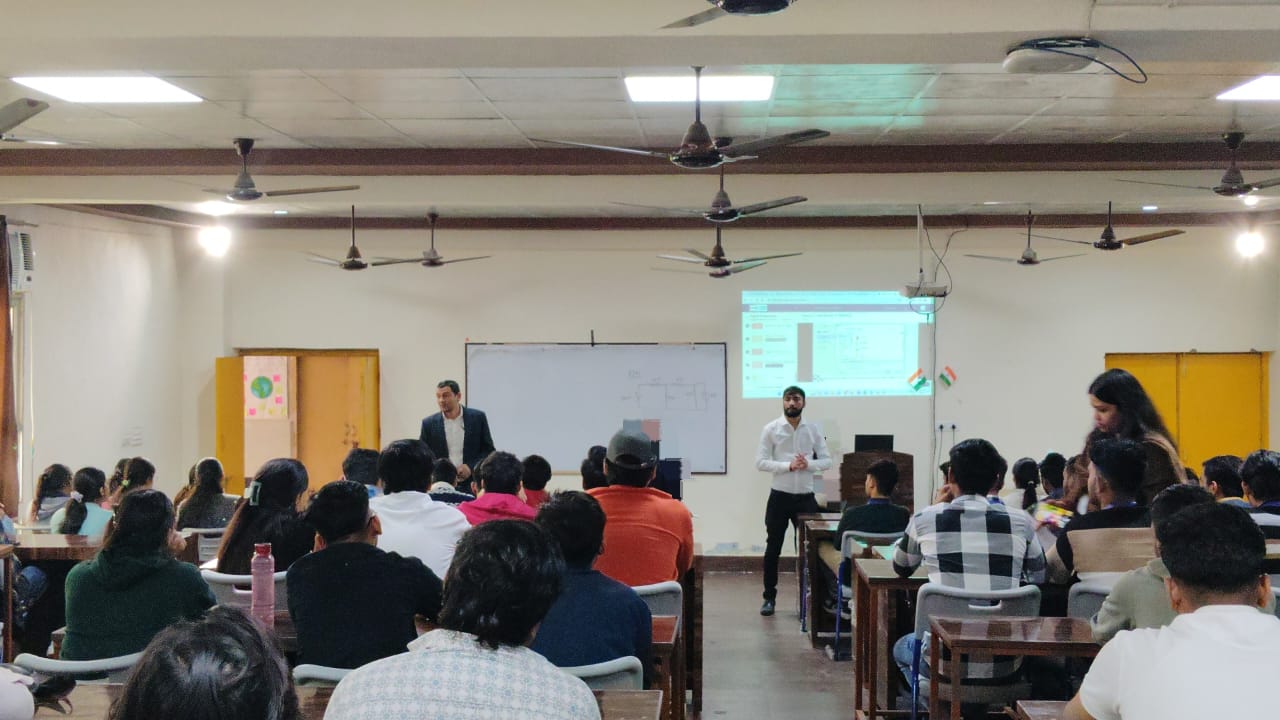 Tagline Of Education for Nation
Tagline Of Education for Nation
“Learn, Grow, Contribute, and Repeat”
This tagline highlights the cyclical nature of continuous learning and development. It reflects the process of personal growth, giving back to society, and encouraging ongoing progress. Each part of the cycle has a deeper meaning:
- Learn: Acquiring knowledge, skills, and awareness.
- Grow: Developing as an individual and helping others to grow.
- Contribute: Sharing knowledge, skills, and efforts with the community.
- Repeat: Emphasizing the continuous and lifelong nature of education.
Mission of “Education for Nation” 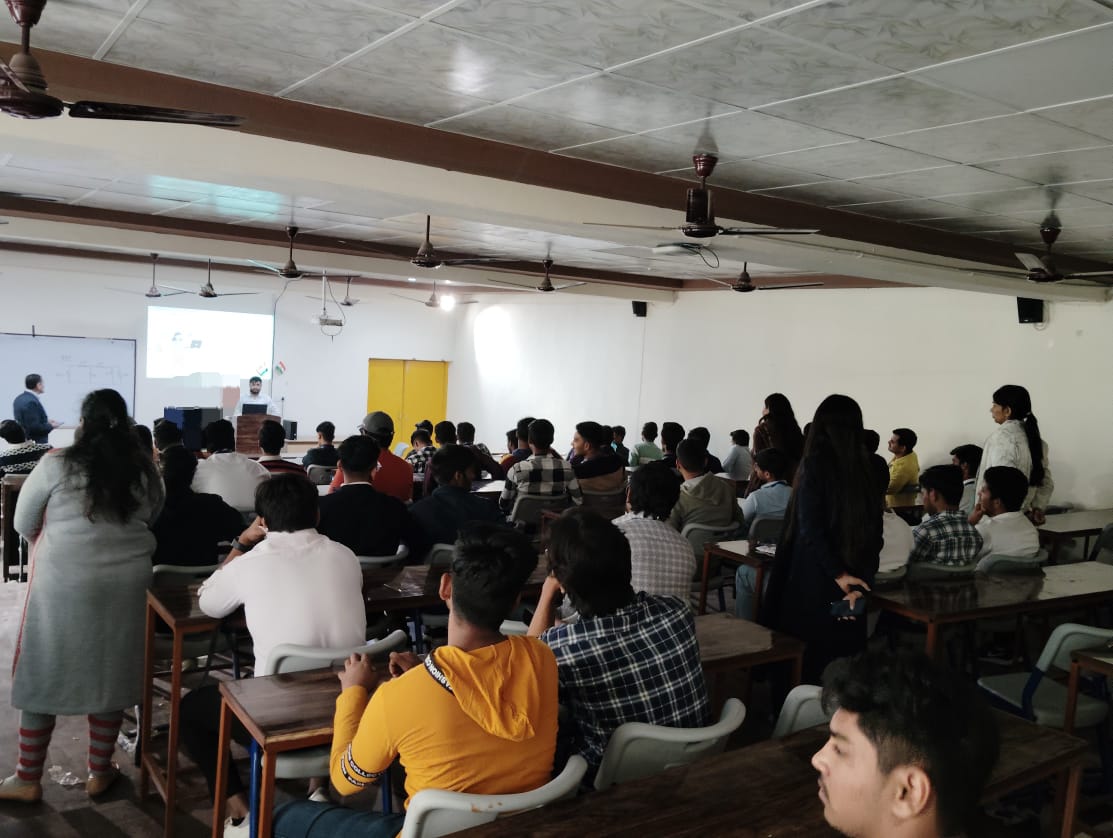
“To empower every individual with holistic ,inclusive,and accessible education, fostering continuous learning, growth, and contribution for societal transformation.”
Vision of “Education for Nation”
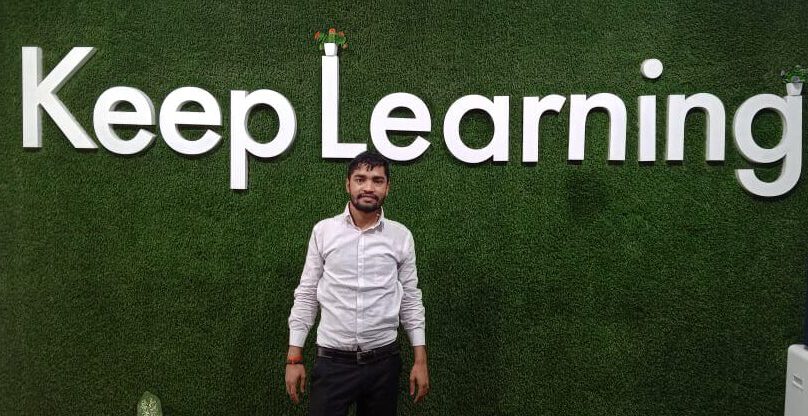 “To create a just, equitable, and empowered society where quality education is a right for all, fostering a generation of changemakers who learn, grow, contribute, and repeat the cycle of transformation.”
“To create a just, equitable, and empowered society where quality education is a right for all, fostering a generation of changemakers who learn, grow, contribute, and repeat the cycle of transformation.”
Objectives of the “Education for Nation” 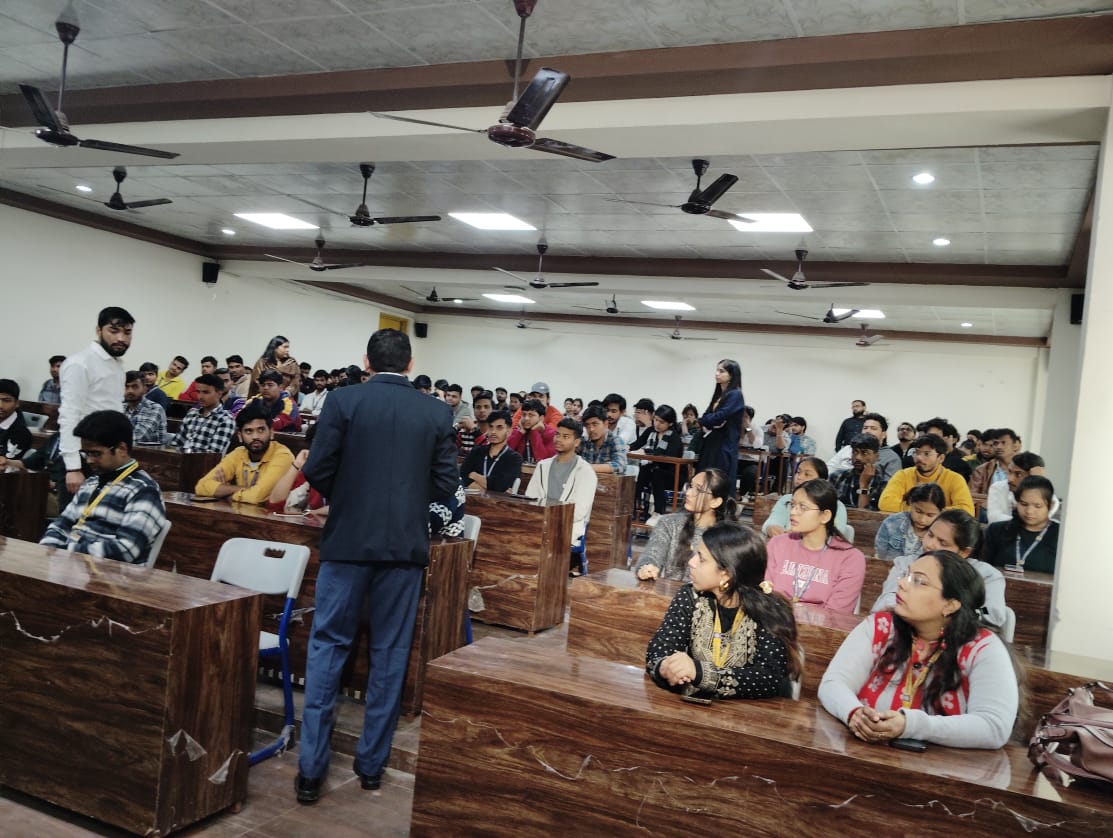
The “Education for Nation” project is designed with several objectives in mind, each contributing to the overarching vision of fostering an educated and empowered society.
1. Universal Access to Education
A primary objective of the project is to ensure universal access to education, particularly in rural and underserved regions of India. The project aims to ensure that children, youth, and adults from all socio-economic backgrounds have the opportunity to receive a quality education. This is achieved through the establishment of community schools, digital learning platforms, and partnerships with government and non-governmental organizations to remove barriers to education.
2. Empowering Through Skill Development
In addition to formal education, the project places a strong emphasis on skill development. By equipping individuals with vocational and technical skills, the project ensures that learners are well-prepared for the workforce. It offers programs in various fields, such as IT, healthcare, agriculture, and renewable energy, that are aligned with current job market demands. This aligns with India’s vision of creating a skilled workforce capable of contributing to the country’s economic growth.
3. Competitive Exam Coaching
The project recognizes that competitive exams like UPSC, JEE, NEET, and others are pivotal in shaping the future of the youth. As part of its strategy, “Education for Nation” provides specialized coaching and resources for students preparing for these exams. The coaching is designed to provide both academic support and mentorship, ensuring that students can excel and reach their full potential.
4. Promoting Social Responsibility
One of the most unique aspects of this project is its focus on social responsibility. The initiative encourages students to apply their education in ways that contribute to social good. It emphasizes community involvement, ethical leadership, and creating socially aware citizens who are committed to nation-building.
5. Lifelong Learning and Personal Development
The project also promotes lifelong learning. It recognizes that education does not end after formal schooling. By offering adult education programs, digital literacy courses, and continuous professional development opportunities, the project ensures that individuals continue to grow and adapt to the ever-changing demands of society and the job market.
6.Sustainable Education Practices: Education on environmental sustainability, climate change, and social responsibility. Encouraging “green education” to support sustainable development goals (SDGs).
Approach and Methodology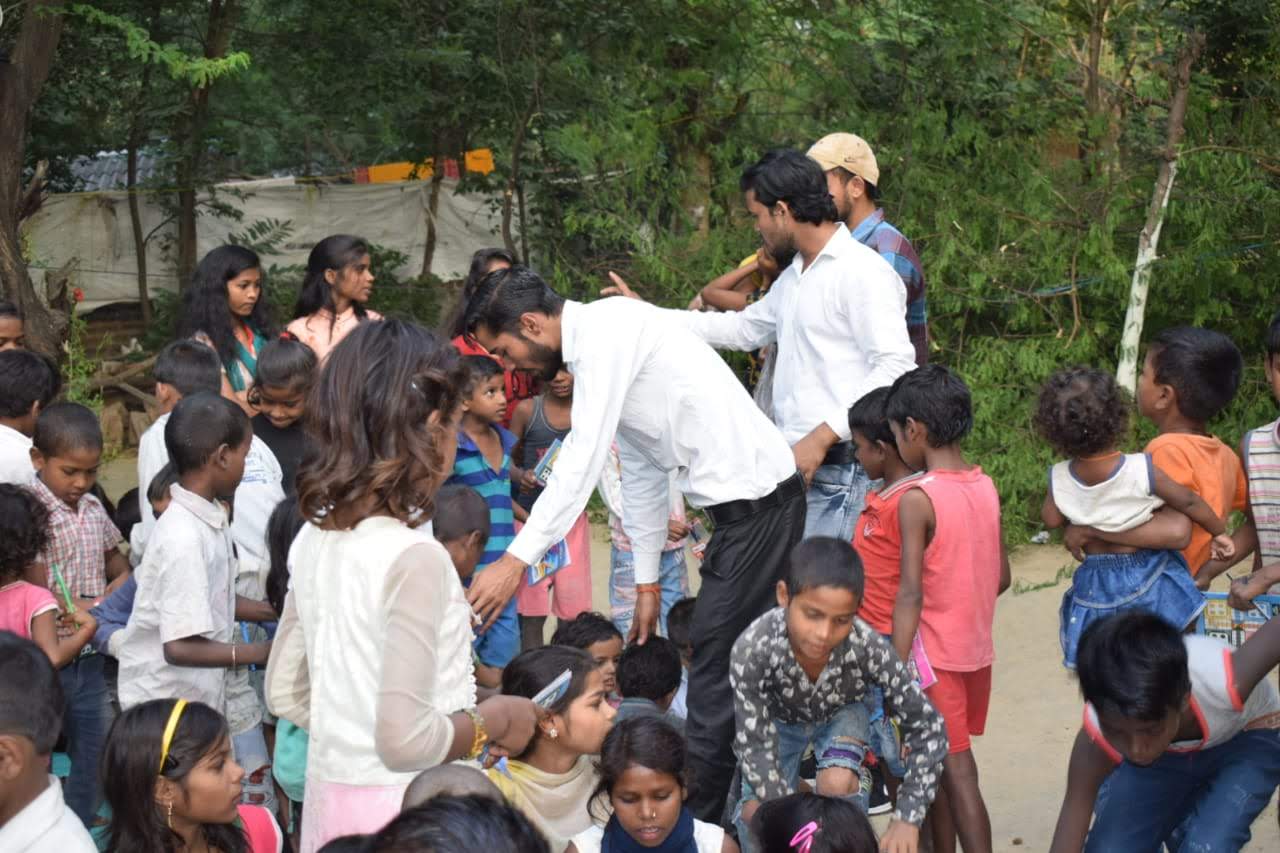
To achieve the objectives, the following approach be taken:
1. Holistic Approach to Learning
The project adopts a holistic approach to education, incorporating not just academic learning but also personal development, social awareness, and emotional intelligence. It aims to produce well-rounded individuals who are equipped to navigate the complexities of modern life. The curriculum is designed to encourage critical thinking, creativity, and problem-solving skills, which are essential in today’s fast-paced and ever-changing world.
2. Technology Integration
To bridge the educational divide between urban and rural areas, the project makes extensive use of technology. Online learning platforms, digital classrooms, and virtual libraries are key components of the project, ensuring that even students in remote areas have access to quality education. Additionally, mobile apps and e-books are used to enhance learning, making educational resources easily accessible to all.
3. Focus on Vocational Training
Understanding the importance of skill-based education, the project provides vocational training programs tailored to industry needs. These programs equip students with practical skills in sectors such as healthcare, manufacturing, agriculture, and digital services. The training is designed to prepare students for immediate employment, thereby helping reduce unemployment and skill gaps in the country.
4. Community-Based Learning
The project emphasizes community-based education, where local leaders, parents, and volunteers play an active role in the educational process. Community learning centers are set up in rural and underserved areas to provide a local space for education, making learning more accessible to people in remote regions.
5. Mentorship and Coaching for Competitive Exams
For students aiming to pursue careers in fields such as engineering, medicine, law, or civil services, the project offers specialized mentorship and coaching. This includes personalized guidance, preparatory classes for competitive exams, and access to study materials. The goal is to ensure that students are well-prepared to face these highly competitive exams and achieve their academic goals.
6.Collaboration with Schools and Institutions: Form partnerships with educational institutions to offer better resources and support.
7.Volunteer Mobilization: Engage youth volunteers and educators to teach, mentor, and inspire students.
8.Monitoring and Evaluation: Track the progress of beneficiaries and measure the impact of educational interventions.
Beneficiaries of “Education for Nation”
The “Education for Nation” project is designed to cater to a diverse set of learners across various age groups and backgrounds. Its target groups include:
1. Children and Adolescents
- Primary and Secondary Education: The project ensures that children aged 6-14 years receive free, quality education. Special efforts are made to enhance infrastructure and ensure inclusive education for children with disabilities or from marginalized communities.
- High School Students: The project provides support for students in grades 9-12, focusing on both academic excellence and skill development. Preparatory programs for entrance exams like JEE and NEET are also included.
2. Youth and Young Adults
- Higher Education: The project provides scholarships, mentoring, and preparatory support to students pursuing higher education. It focuses on helping students navigate the complexities of university admissions, entrance exams, and career planning.
- Competitive Exam Aspirants: The project offers coaching and mentorship for aspirants of UPSC, law exams, banking exams, and other professional certifications, guiding them toward successful careers in public service and other prestigious fields.
3. Adults
Adult Literacy and Lifelong Learning: The project addresses adult literacy by providing basic reading, writing, and numeracy programs for individuals who missed formal schooling. It also offers skill development and digital literacy programs to ensure that adults can continue learning and improving their skills.
Marginalized Communities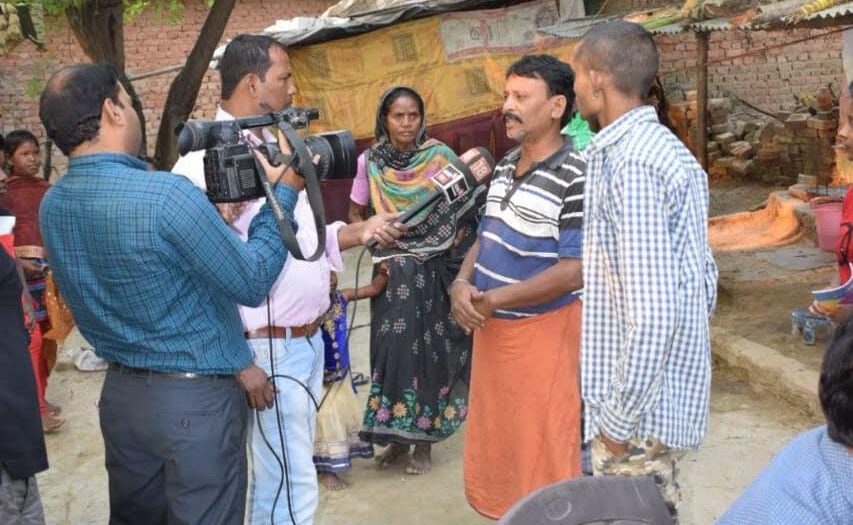
Special focus is given to marginalized groups such as women, differently-abled individuals, and economically disadvantaged communities. The project works to provide them with the resources, support, and opportunities needed to overcome social and economic barriers to education.
Measurable Outcomes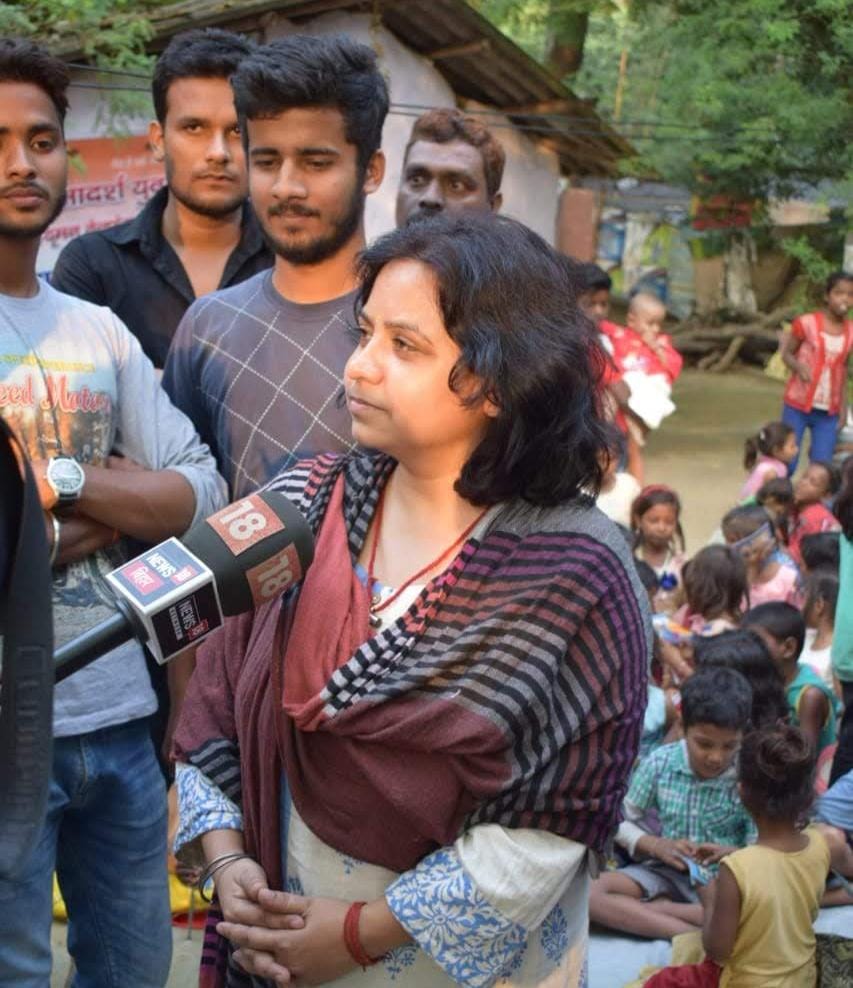
- Number of beneficiaries reached: Students, youth, and families directly impacted.
- Increase in literacy rates: Improvements in reading, writing, and math skills.
- Number of youth upskilled: Count of students trained in skills like digital literacy, soft skills, and vocational skills.
- Number of scholarships provided: Tracking financial support for students.
- Partnerships with educational institutions: Number of schools, NGOs, and stakeholders involved.
Long-Term Impact 
- Breaking the Cycle of Poverty: Education empowers individuals to secure better jobs, improving household income.
- Nation-Building: A well-educated population can contribute to a stronger, more innovative, and sustainable nation.
- Empowered Youth: When young people become changemakers, they inspire others, creating a ripple effect of positive change.
- Sustainable Communities: Educating people about sustainability, climate change, and community welfare helps create environmentally responsible com
Potential Challenges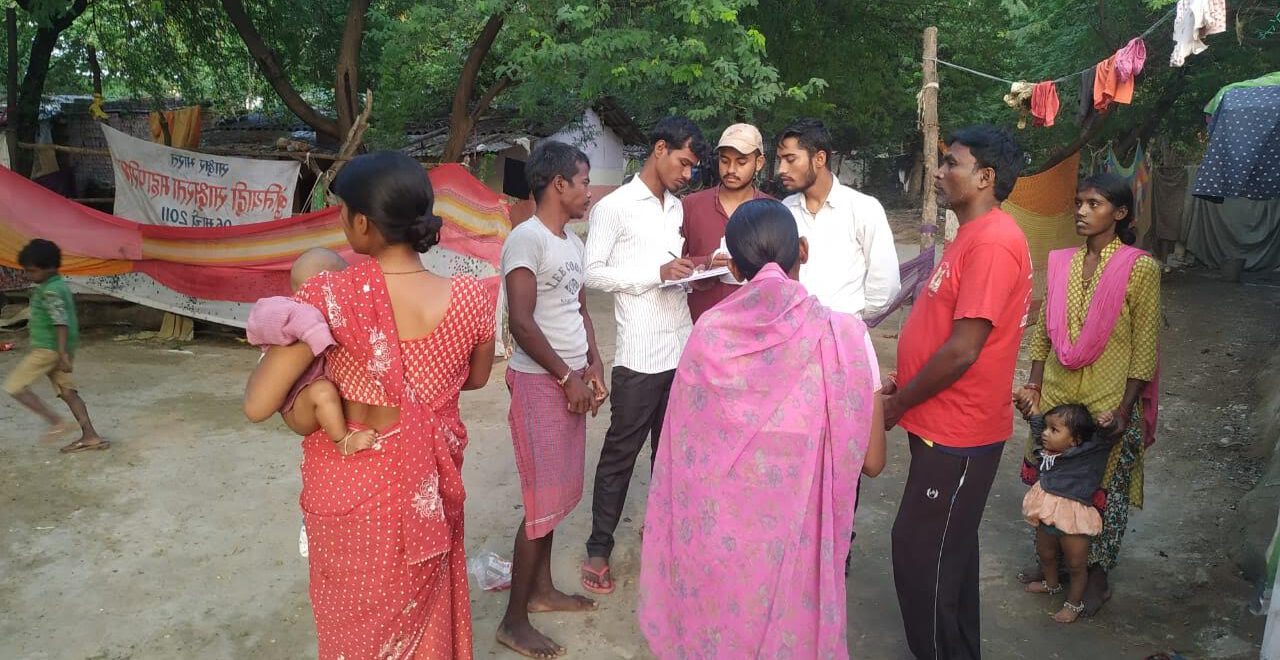
- Access and Inclusivity
- Rural-Urban Divide • Disparities Based on Gender and Caste • Disability and Special Needs Education
- Quality of Education
- Teacher Training and Pedagogical Skills • Curriculum Rigor vs. Practical Skills • Overcrowded Classrooms
- Infrastructure Challenges
- Poor Infrastructure in Rural Areas • Lack of Digital Infrastructure
- Dropout Rates
- Economic Pressures • Early Marriages and Gender Inequality
- Governance and Accountability
- Corruption and Mismanagement • Political Interference
- Curricular Relevance and Adaptation
- Outdated Curriculum • Limited Focus on Vocational Education
- Social and Cultural Factors
- Parental Education and Attitudes • Cultural Bias and Stereotyping
- Higher Education Challenges
- Limited Access to Quality Higher Education • Underemployment and Skill Gaps • Research and Innovation Gaps
- Technological Challenges
- Lack of Digital Literacy • Low Internet Connectivity in Rural Areas
- Impact of the COVID-19 Pandemic
- Disruption of Learning • Mental Health Impact
- Financial Constraints
- Inadequate Government Funding • Private Education Costs
- Language Barriers
- Multilingual Challenges
WAYFORWARD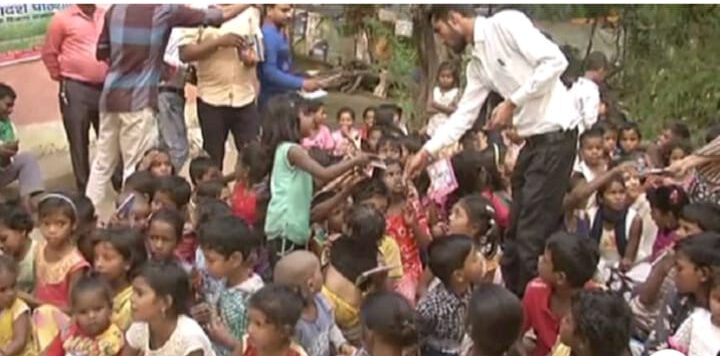
- Improving Access and Inclusivity
- Increase Investment in Rural Education • Promote Inclusivity for Marginalized Groups • Focus on Education for Children with Disabilities • Address the Gender Gap
- Enhancing Quality of Education
- Teacher Training and Professional Development • Adopt Student-Centered Teaching • Implement Technology in Education
- Improving Infrastructure
- Upgrade School Infrastructure • Ensure Availability of Resources • Digital Infrastructure
- Reducing Dropout Rates
- Financial Support for Families • Community Engagement and Awareness • After-School Support and Counseling
- Strengthening Governance and Accountability
- Decentralize Management • Transparent Funding Mechanisms • Use Data for Monitoring
- Curriculum Reform and Vocational Education
- Revise Curriculum for Relevance • Emphasize Vocational Training • Promote STEM Education
- Tackling Social and Cultural Barriers
- Cultural Sensitivity in Education • Parental Involvement • Combatting Child Labor
- Harnessing Technology and Innovation
- Digital Literacy for Teachers and Students • Leverage EdTech Solutions • Promote Innovation in Education
- Enhancing Higher Education and Skill Development
- Expand Access to Quality Higher Education • Industry-Academia Linkages • Focus on Lifelong Learning
- Addressing the Impact of COVID-19
- Hybrid Learning Models • Mental Health Support • Remedial Education
- Sustaining Financial Investment
- Increase Public Investment in Education • Encourage Public-Private Partnerships
WHY MISSION EDUCATION FOR NATION NEEDED?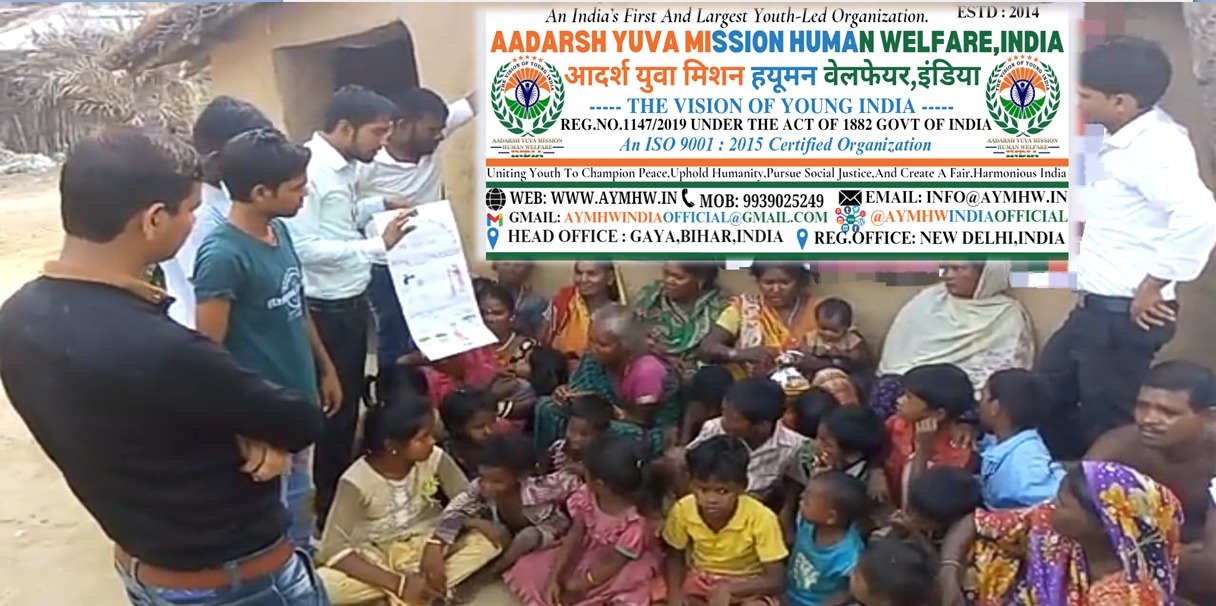
- Economic Growth and Development
- Social Equity and Empowerment
- Addressing Youth Unemployment
- Improving Public Health and Well-being
- Global Competitiveness
- Addressing the Challenges of the 21st Century
- Improving Governance and Civic Engagement
- Tackling the Education Crisis
- Enhancing National Security and Stability
- International Reputation and Growth
Govt 0f India Initiatives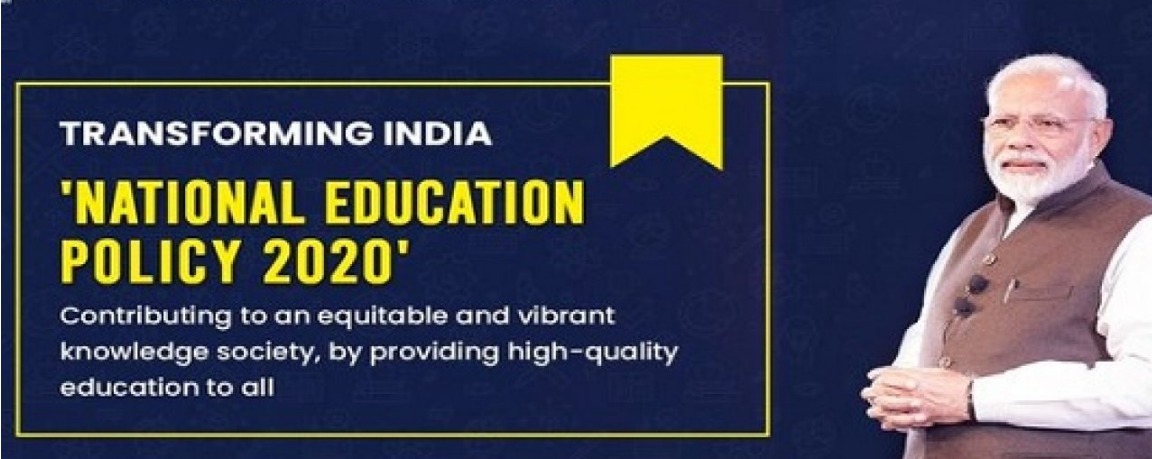
1.National Education Policy (NEP) 2020
2.Digital India and E-Learning Initiatives
3.Skilling and Vocational Education
4.Mid-Day Meal Scheme etc.
Role of Aadarsh Yuva Mission Human Welfare India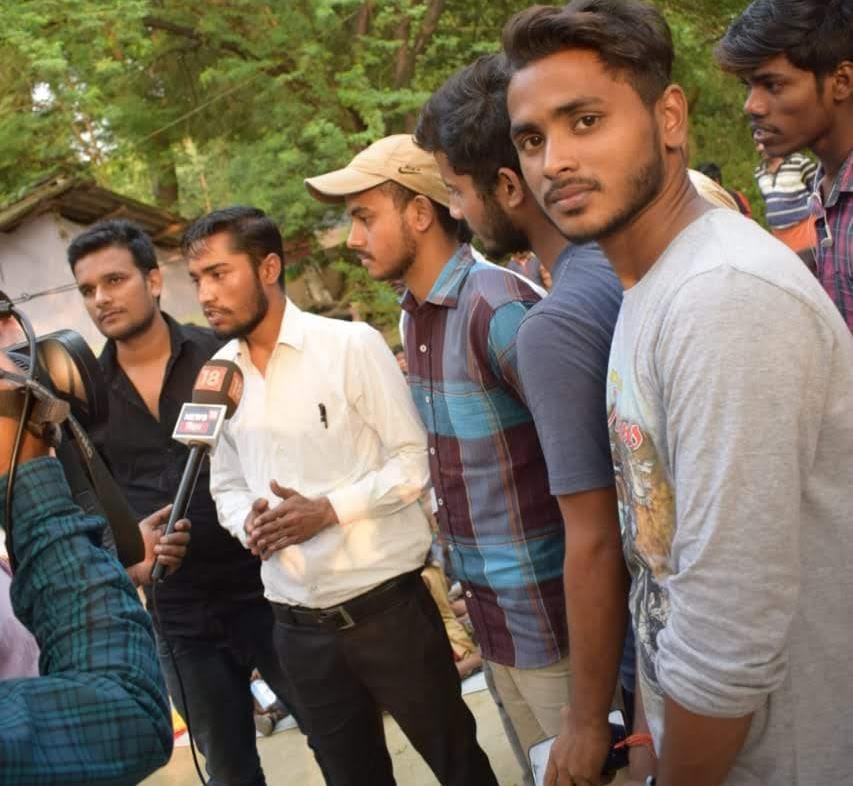
- Improving Access to Education
- Reaching Marginalized Communities • Addressing Dropout Rates • Promoting Girls’ Education
- Enhancing Quality of Education
- Teacher Training and Capacity Building • Curriculum Development: • Promoting Critical Thinking and Creativity
- Providing Educational Resources
- Building Infrastructure • Learning Materials and Technology • Digital Literacy Programs
- Community Engagement and Awareness
- Parental Involvement: • Awareness Campaigns
- Fostering Innovation and New Models
- Alternative Education Models • After-School Programs and Learning Centers • HUBRID Learning Models
- Advocacy for Education Policy Reform
- Policy Advocacy • Collaborating with Government • Monitoring and Accountability
- Focus on Holistic Development
- Mental Health and Well-being • Life Skills and Vocational Training
- Providing Support for Special Needs Education
- Inclusive Education for Children with Disabilities • Special Education Programs
- Improving Educational Outcomes Through Data and Research
- Data-Driven Interventions • Educational Research and Impact Assessments
- Partnerships and Collaboration
- Collaboration with Schools and Local Governments • Private Sector Partnerships
HOW CAN IT BENEFIT SOCIETY’S 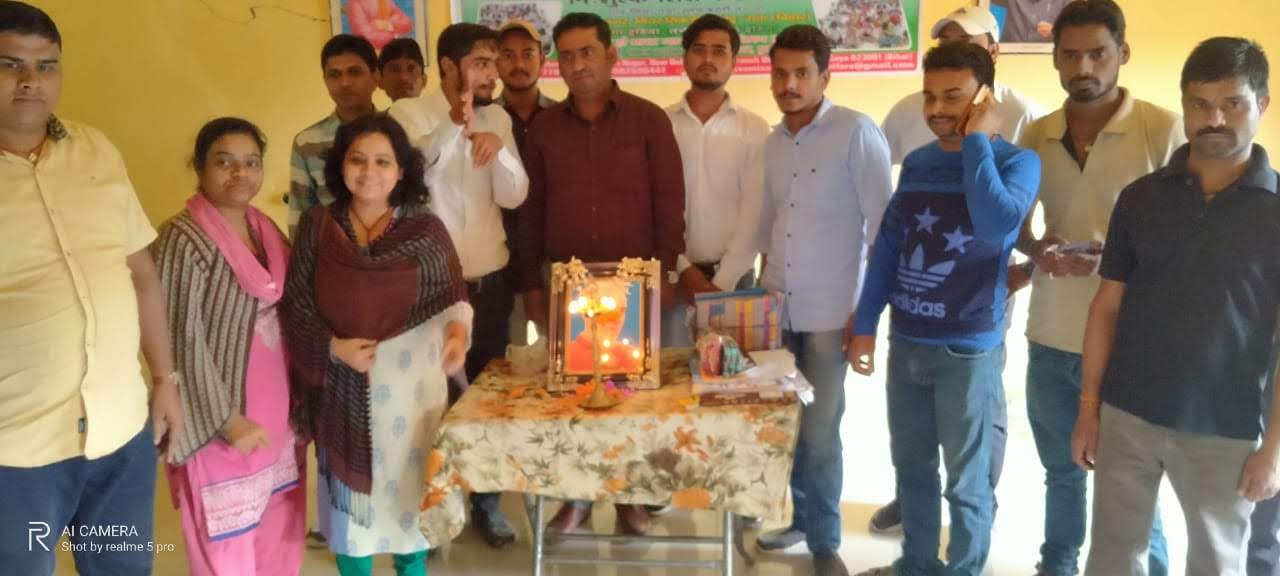
- Improving Access to Education
- Building Schools in Underserved Areas • Providing Scholarships and Financial Aid • Transport and Boarding Facilities
- Promoting Gender Equality in Education
- Empowering Girls through Education • Creating Safe Learning Environments
- Enhancing the Quality of Education
- Teacher Training and Professional Development • Curriculum Enrichment: • Resource Provision
- Promoting Literacy and Basic Skills
- Literacy Programs • Remedial Education and After-School Programs
- Encouraging Community Involvement
- Parental and Community Engagement • Awareness Campaigns
- Fostering Inclusive Education
- Special Education for Children with Disabilities • Culturally Relevant Education
- Introducing Alternative Education Models
- Non-Formal Education • Flexible Learning Programs
- Building Leadership and Life Skills
- Leadership Programs for Youth • Life Skills Education
- Creating Opportunities for Vocational Education and Skills Development
- Vocational and Technical Training • Entrepreneurship Education
- Facilitating Digital Literacy and Access
- Bridging the Digital Divide • E-Learning Platforms
- Advocacy and Policy Change
- Influencing Educatio • Monitoring Education Standards
- Promoting Sustainability and Environmental Education
- Environmental Awareness and Education • Green Schools and Sustainability Projects
Aadarsh Yuva Mission Human Welfare India Plays A Pivotal Role AS
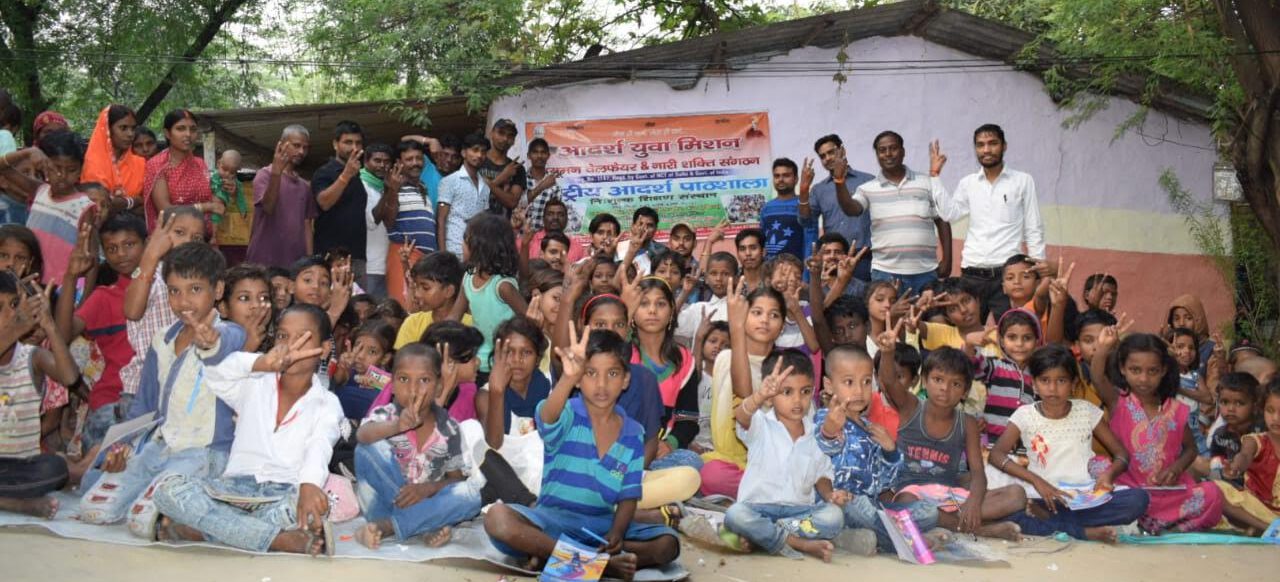
Facilitator: Identifying education gaps and bringing together stakeholders to resolve them.
Empowerer: Providing the youth with the resources and motivation to drive social change.
Innovator: Designing new approaches to education, like mobile learning hubs or e-learning platforms.
Advocate: Raising awareness and influencing public policy to promote access to education.
CONCLUSION

Our Organisation can significantly improve the education sector in a society by addressing key challenges related to access, quality, inclusivity, and relevance. They are able to bridge gaps where public institutions may fall short, work directly with communities to overcome social and cultural barriers, and innovate new educational models that cater to diverse needs. Their holistic approach—focusing not just on formal educ
ation but also on community engagement, advocacy, and the development of life skills—can lead to lasting change that benefits individuals, families, and entire communities
Institutions Volunteer Learners Beneficiaries
